Hostage International exists to support the families of hostages, and former hostages around the world.
Kidnappings and arbitrary detentions are frightening and often lonely experiences, impacting not only the hostage but their family, friends, community, colleagues and employer. As an independent charity, we strive to make sure that people affected are supported throughout their ordeal – and beyond.
We do this through:
We are not involved in the resolution of these incidents, but we fill a much-needed gap in helping people understand how these incidents are resolved and by whom, as well as helping to make sense of the challenges along the way.
Hostage International is the longest-established international charity offering independent and tailored support for families affected by a hostage incident regardless of their nationality or place of residence.
We were founded in 2004 – initially as Hostage UK – by former hostage Sir Terry Waite KCMG CBE, and Carlo Laurenzi OBE, in response to a gap they saw in support for families and former hostages.
Hostage International has helped more than 500 individuals including families and loved-ones who have had someone taken hostage or arbitrarily detained, and former hostages after their release.
Our work continues to grow and at any one time we are usually supporting around 100 people.
We constantly strive to do the best for those we support and thank you to everyone who helps make our work possible.
Please find our annual return and accounts on the Charity Commission website.
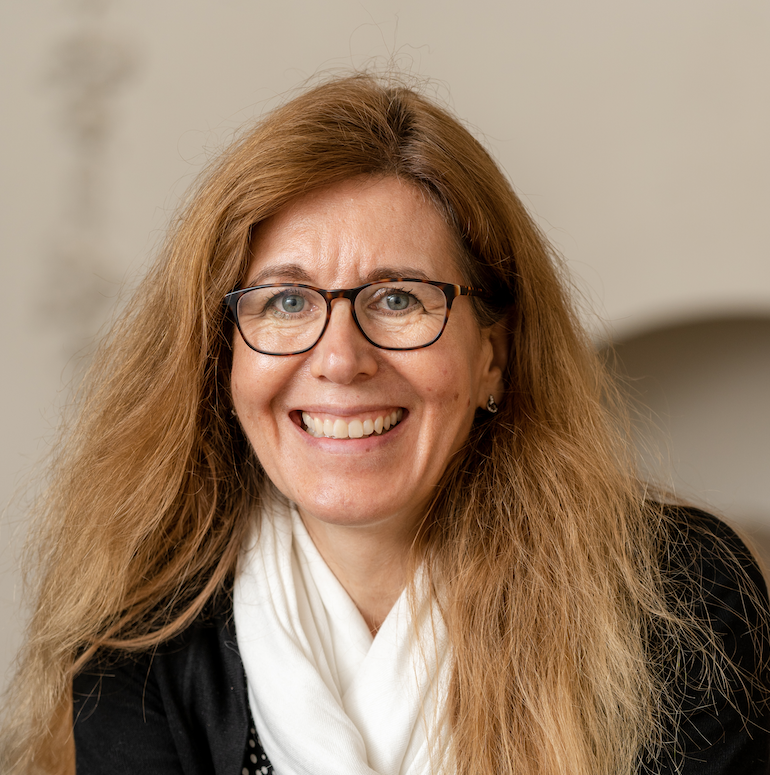
Chief Executive
Lara Symons is the Chief Executive of Hostage International.
She has a distinguished career working in crisis response, having joined Control Risks in 1999 as the Crisis Response Research Manager and was appointed Director of Response Business Operations in 2009. She joined Hostage in February 2017 as their first full-time director, bringing with her an exceptional knowledge of worldwide kidnapping trends and an understanding of the impact that kidnapping has on both corporates and families. She has extensive experience in directly assisting families affected by a kidnap and in supporting former hostages. Lara regularly delivers training in best practice in family support and hostage re-integration.
Lara holds first class degrees in Law (University of Oxford) and Political Science (McGill University) and a Masters degree in International Relations (McGill University). She qualified as a solicitor in 1997, and practised as a civil litigator in London. Fluent in French and Spanish, Lara also previously worked at the European Commission in Brussels.
“Having spent more than 17 years on a kidnap response team, I acquired an insight into the distressing impact kidnapping has on all those closely associated with it. Working with Hostage International, I have come to recognise the many, additional practical and day-to-day issues that families and former hostages face. Hostage International plays a critical and unique role in offering accessible, independent and confidential support to help the families of hostages and returning hostages cope with those issues.”
Photo ©StephanieBelton
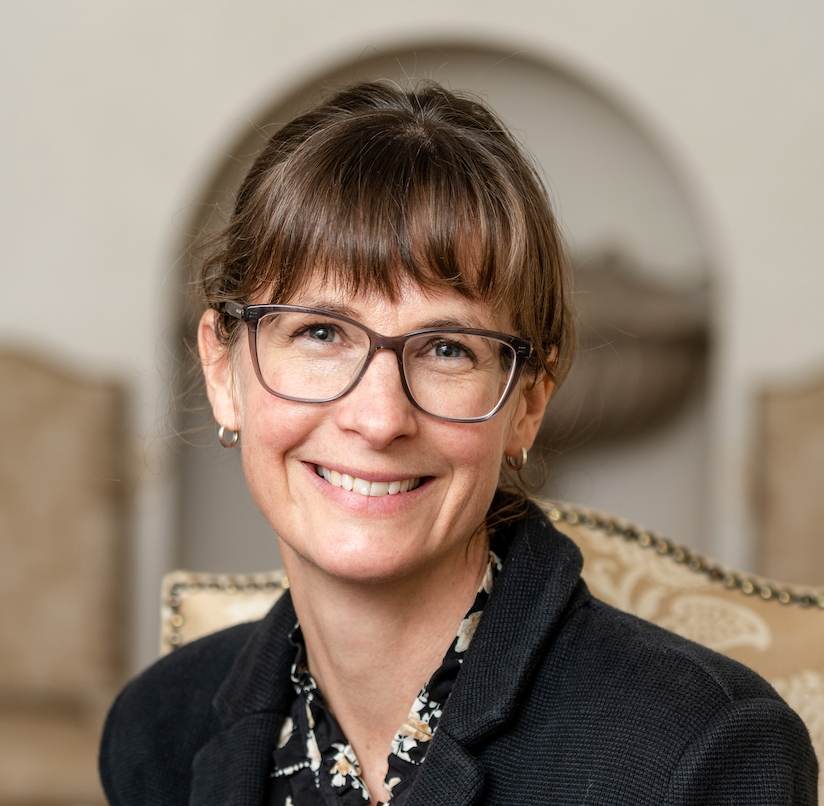
Communications & Engagement Manager
Georgina joined Hostage International in October 2019 to help raise awareness of the organisation. She works across all area of communications from marketing and digital through to PR and media relations.
She has extensive experience in media and communications, having started her career in local print journalism before moving to pursue her interest in the charity sector as a reporter on Third Sector magazine. She spent nearly a decade of her working life in various roles within the British Red Cross communications division before deciding to take the leap into the world of freelancing and taking shorter term contracts to work around her family.
While at the British Red Cross she helped create and manage its Voices Network to empower people who are refugees or seeking asylum to speak out; supported the creation of the Communicating with Disaster Affected Communities Network (CDAC Network); and worked on far-reaching communications campaigns particularly around preparing for disasters.
George has worked with a range of organisations across the sector including The Youth Sport Trust, Doctors of the World, The Abbeyfield Society and the think tank, British Future.
“I feel incredibly privileged to be part of the Hostage International team, working to fill what would otherwise be an enormous gap in provision for hostages and their families. Through this role, I hope to help highlight the work of the organisation to encourage those working in high risk zones to be prepared; that in the horrific event of someone being kidnapped their families and loved ones are supported; and that members of the media feel empowered to report responsibly on kidnappings while preventing further distress to anyone affected by any hostage situation.”
Photo ©StephanieBelton
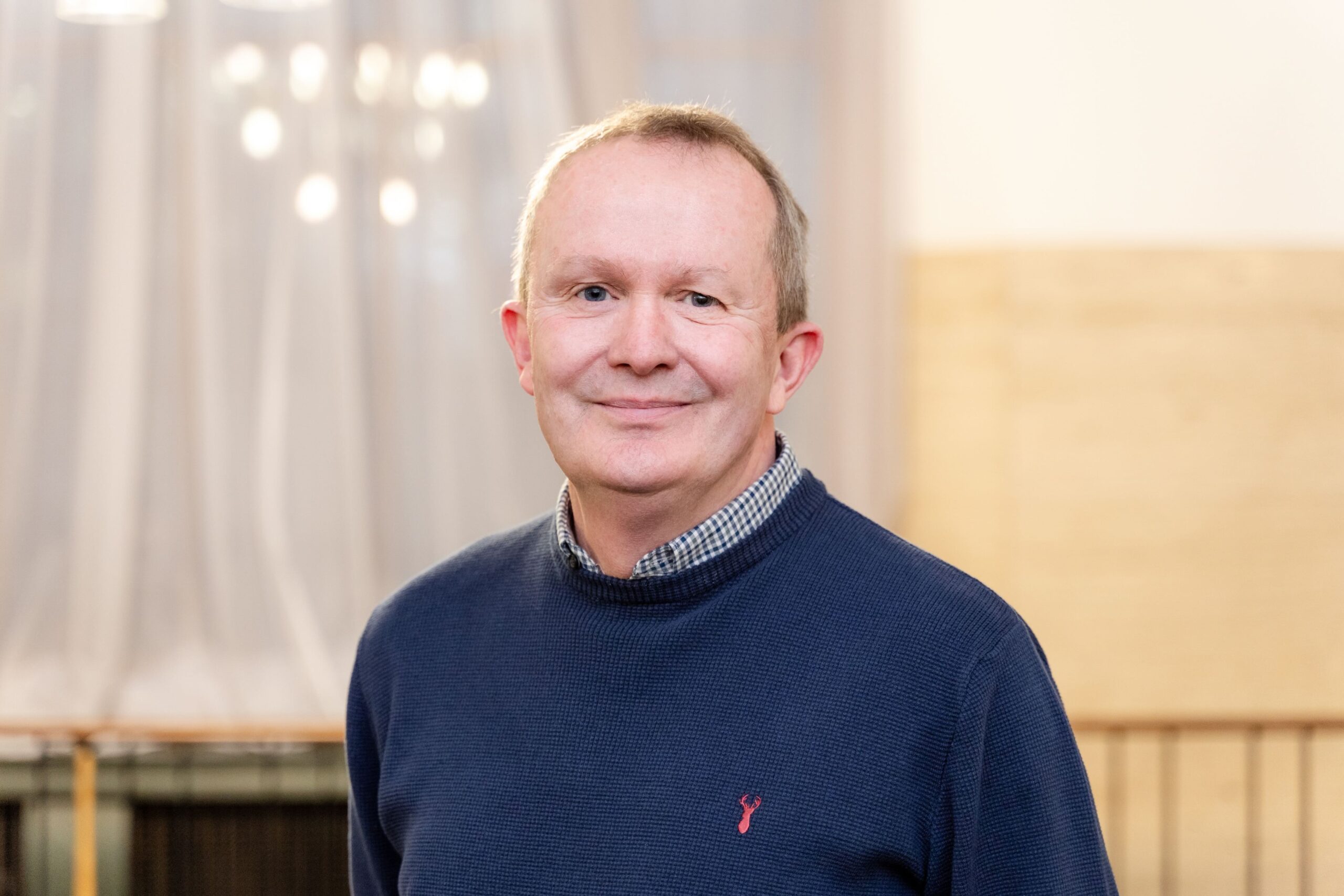
Case Manager
Jim joined Hostage International in August 2023 as our Case Manager to offer direct support to those in need, oversee our volunteer caseworkers, and to deliver training as part of our education programme.
Jim has decades of experience working in various roles within the British Government’s Foreign, Commonwealth and Development Office (FCDO). Since 2009, he held the role of Head of Special Cases in the FCDO during which time he offered direct support to many families and former hostages affected by extreme crises, particularly around kidnappings and arbitrary detentions.
He has extensive knowledge, built up over the past 14 years, across both terrorist and criminal kidnaps as well as arbitrary detentions, and has a deep understanding of the complexities faced by many families and former hostages. Jim is also highly skilled in stakeholder engagement and delivering family support training.
“While I have never experienced a kidnap of a loved one, I have worked with countless individuals over the years, which has given me a real insight into the various reactions that people have throughout this traumatic time, and a level of understanding of the problems individuals and families face. I am pleased to be working with Hostage International to support their work in providing services to those living through such desperate times.”
Photo ©StephanieBelton
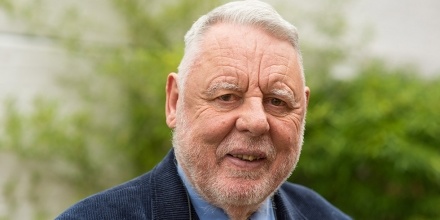
Co-Founder & President
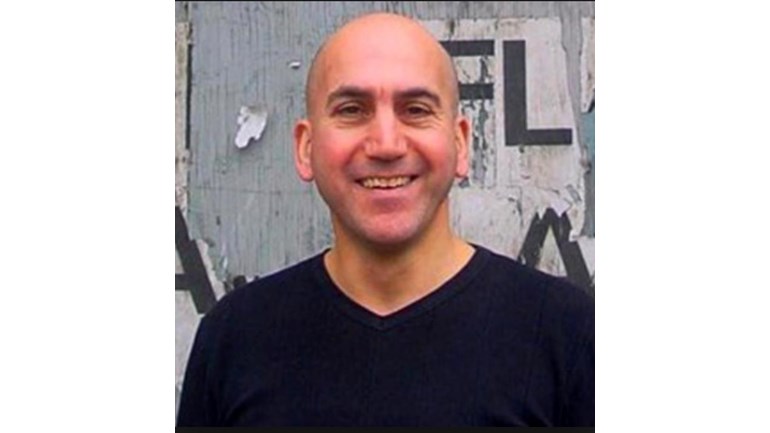
Vice-President and Co-Founder
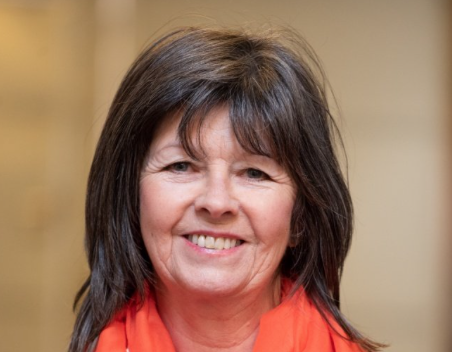
Patron

Patron
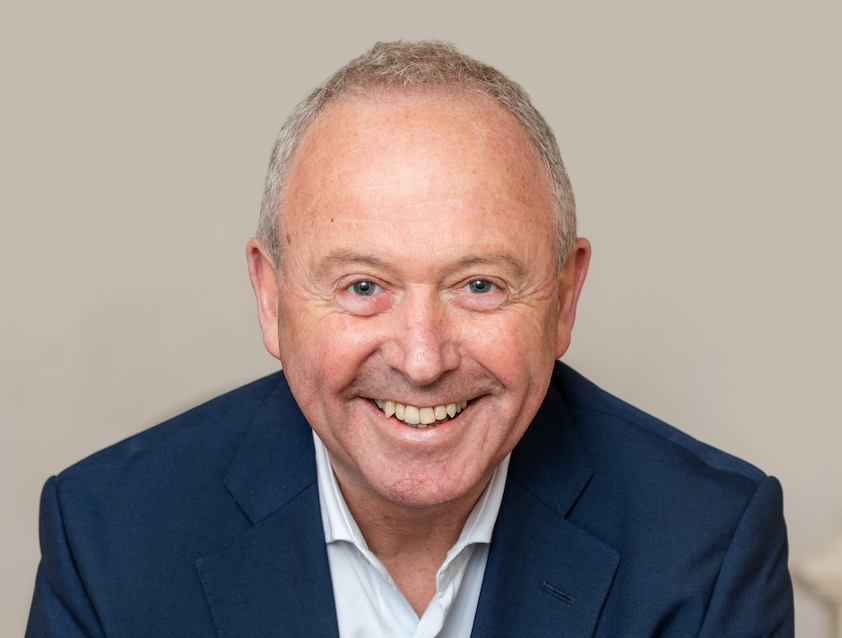
Trustee & Chair of the Board of Trustees
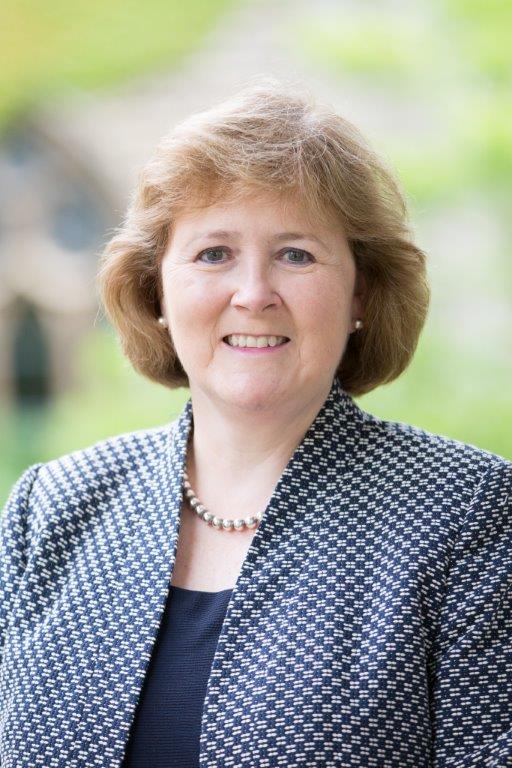
Trustee & Treasurer
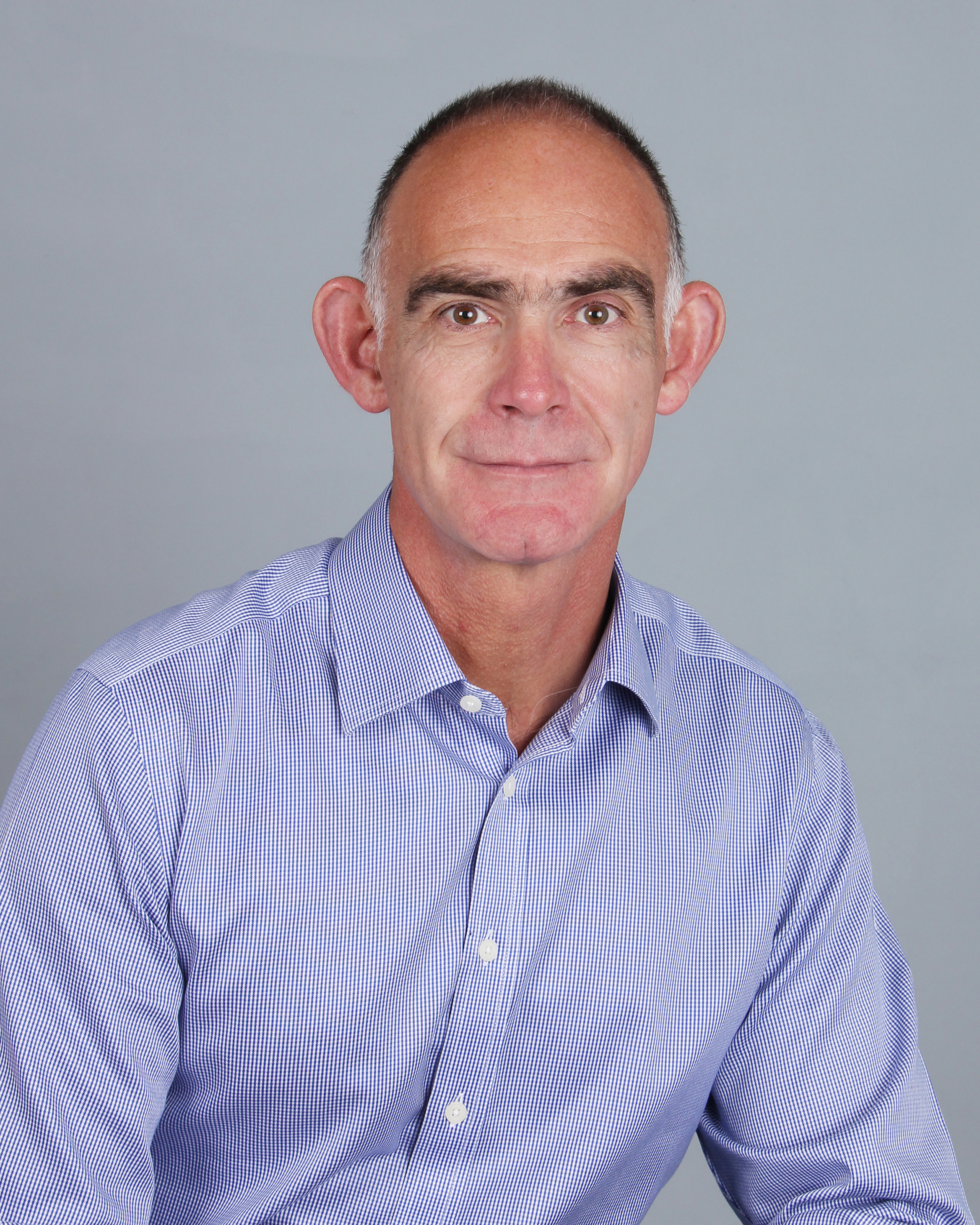
Trustee
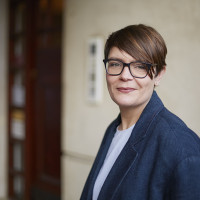
Trustee

Trustee

Trustee

Trustee

Trustee

Trustee

Trustee

Co-Founder & President
Sir Terry Waite KCMG CBE was born on May 31 1939, in Cheshire, the son of a village policeman. He was educated in London and abroad, and has worked for much of his life from a Church base. After working with the Church of England Board of Education in the UK and as an adviser to the Bishop of Bristol he accepted a position as adviser to the first African Archbishop of Uganda. During his time in Uganda, Terry dealt directly with Idi Amin to champion the release of Ugandan and overseas prisoners who suffered as a result of the Amin coup. Following his time in Uganda he moved with his family to Rome, Italy and spent several years working on conflict resolution and development issues throughout the world.
In 1980 Robert Runcie, the Archbishop of Canterbury, appointed Terry Secretary for Anglican Communion Affairs to work with churches abroad. After a few months Terry played the key role in securing the release of several European and Iranian captives when they were held on spy charges in Tehran. Terry’s reputation as a special emissary was cemented when in 1984 he established contact with Colonel Muammar Gadaffi in Libya, where three Britons had been detained following the murder of a policewoman outside the Libyan Embassy in London, and was instrumental in aiding their release.
In 1987, Terry made a dangerous journey to Lebanon to negotiate for hostages there. This journey was made despite the threat to his own safety, and out of Terry’s commitment to advocate for the release of hostages as the only negotiator who had met the kidnappers face to face. He was captured on 20th January 1987 and spent almost five years in captivity, nearly four years of which were in solitary confinement. No information on his whereabouts or survival reaching the wider world for over four years. During his incarceration, he was blindfolded, beaten, and subjected to a mock execution. He lived much of the time chained to a wall in a room without natural light. In the final months of captivity he suffered from a severe chest infection which almost cost him his life. He was finally released in November 1991.
After his release, Terry was elected to a fellowship at Trinity Hall, Cambridge where he completed his first book Taken on Trust, that he had written in his memory during the years of captivity when he was without pencil or paper. Today he is deeply engaged in many humanitarian causes including the homeless, overseas development, prisoners. Terry has been awarded the MBE and CBE for his humanitarian work and is the recipient of many honorary doctorates from Universities both in the UK and abroad. He is married to Frances and they have four children and three grandchildren.
Terry is Hostage International’s Founder and President.
“I helped found Hostage International as I believed that hostage families are helped by being able to talk with others who have been through the experience themselves – either as a hostage or as a family member. I also recognised the need for an independent organisation to engage in research into hostage taking and to co-ordinate activities in this field.”

Vice-President and Co-Founder
Carlo is a co-founder of Hostage International.
Carlo Laurenzi OBE is former CEO of the London Wildlife Trust and former Executive Director of Prisoners Abroad. He has also worked for Lloyds Bank, the London Borough of Islington, and the Open University, and has been Director of Policy and Research at the National Deaf Children’s Society (NDCS) and worked on secondment at the Foreign Office in Consular Services.
“I helped set up Hostage International because I saw there was a gap in service provision and a very real need for what we offer. My experiences before Hostage International showed me that there was no genuine and thought-through support for the families of a hostage victim that put them first. I find the work challenging and immensely rewarding – you can be looking at geopolitics one moment and then individuals’ emotional needs the next.”

Patron
Judith Tebbutt was born in Ulverston, Cumbria in 1954 and met David Tebbutt whilst both were living in Zambia. They married in 1985 and went on to have one son Oliver in 1986.
She and her husband were on holiday at a Kenyan beach resort in September 2011 when armed men entered their room, murdered David and kidnapped Judith. Judith was held in solitary confinement for six months by Somali pirates until her release.
She currently lives in north Kent and has been involved with Hostage International for a number of years.
“I am proud to be involved with Hostage International where we provide a holistic approach to support a hostage/detainee on their return and their families during their loved one’s captivity. Because of the sensitivity surrounding any these situations it is really comforting to know that there will be someone at Hostage International to offer advice and support in a friendly but confidential way.”
Photo ©StephanieBelton

Patron
John McCarthy was born in Hertfordshire in 1956 and after university worked as a journalist. On his first foreign assignment, in 1986 he was abducted by Lebanese militants and held hostage for 1,943 days.
After being held in solitary confinement for a few months, John had the company of other hostages throughout his captivity. One of his companions was Terry Waite, who had gone out to Lebanon seeking to negotiate the release of John and other western hostages.
After his release in 1991 John and his family received much support from the public and some counselling.
The huge benefit he gained from that experience underlies his commitment to Hostage International and the support it offers to individuals and their families who are those kidnapped or held in arbitrary detention – during and after incarceration.
“Coming home after my years of captivity, I learned of the ordeal faced by my loved ones waiting at home, so I do appreciate the difficulties and trauma that both hostages and their families face and see the real need for the niche expertise and bespoke support that Hostage International can offer.
“This charity makes a genuine difference to many families and former hostages.”

Trustee & Chair of the Board of Trustees
Phil was born in Liverpool and worked as a maths teacher before moving into the commercial sector. In 2004, Phil’s brother Kenneth, a British engineer, was taken hostage while working in Iraq and killed. The kidnap of Ken and his murder became a high-profile case in Britain and overseas, putting the Bigley family under immense public scrutiny, and also inspiring immense public support.
Phil joined the team at Hostage International to work with the relatives of hostage victims, providing pastoral support and advice, and also to help improve government’s and organisation’s responses to kidnapping and their family liaison.
“A kidnap puts a family under a lot of pressure. At Hostage International we put the family first, and help them find a safe space and the resources they need, in an otherwise difficult situation.”
Photo ©StephanieBelton

Trustee & Treasurer
Libby Bassett joined the Board of Hostage International in April 2018 and swiftly took on the role as Treasurer.
Libby was a partner of KPMG for 15 years. In addition to being a chartered accountant, Libby also brings to Hostage International extensive experience of business development globally and of governance in the charity sector through her role as governor of Cheltenham Ladies’ College, the last four as chair.

Trustee
Mike joined the Board of Hostage International in April 2017.
Mike was a founder and principal director of MRC Global Risk. With a career in security risk management and incident response, Mike specialises in reputational risk helping companies conduct business in unpredictable, complex markets. Before entering the corporate sector, Mike served in the Royal Air Force.
“Having learned of Hostage International’s extraordinary achievements in supporting returning hostages and their families, with a remarkable team of mainly volunteers, when invited to join the Board as a trustee I was only too pleased to accept. I look forward to contributing to Hostage International’s growth and development.”

Trustee
Claire started her career as a journalist at BBC News and then went in to mainstream TV production running broadcast productions of all sizes and genres for some of the best known companies in the business.
Claire joined the board of Hostage International in 2018.
“Through a friend’s first-hand experience of being taken hostage, I heard about the fantastic and imperative work of Hostage International and wanted to help in some way. I have been pleased to use my media background to assist the charity and those we support.”

Trustee
Pulina joined the board of Hostage International in 2018.
Pulina Whitaker is a partner at Jones Day, an international law firm. She specialises in employment, data privacy and cybersecurity matters. She has served as a compliance monitor for the United Nations for over 12 years, focused on the UN’s Sexual Exploitation & Abuse Bulletin and employee misconduct. She has also served as the compliance monitor for USAID.

Trustee
James joined the board of Hostage International in 2025.
He has had an extensive career in security risk management, including working for major global firms such as Meta and PwC, and for medical and security assistance provider International SOS. Prior to this, he worked in policy and journalism in a wide range of high risk locations across the Middle East.
He was kidnapped and held hostage in Iraq in 2004 while working as a freelance journalist for The Sunday Telegraph.
“I’ve witnessed at first hand Hostage International’s ability give life-changing support to former hostages and detainees, and to their families. As a former hostage I am delighted to support the work of this unique and important organisation.”

Trustee
Jantine joined the board of Hostage International in 2025.
She has worked for over 15 years on human rights issues with international NGOs, focusing on crisis response and development. She worked for 5 years in Iraq, working with journalists and photographers. In this time, she gained personal experience of the impact of hostage situations.
In response to the growing threats faced by journalists and human rights defenders, Jantine led an emergency fund and crisis response programme, providing assistance to those at risk. Currently she is working as a manager at the Dutch Refugee Council, providing support to refugees. She now brings this expertise to the board of Hostage International, to support the charity in its crucial work in guiding and supporting families navigating the complex challenges of hostage situations.
“From my own experience I know how challenging and stressful it is when a family member is kidnapped. The uncertainty, fear, and lack of control can be overwhelming, which is why the support that Hostage International provides is so important.”

Trustee
Don joined the board of Hostage International in March 2025.
Don is a solicitor and was a corporate partner working in London, New York and Hong Kong for over 30 years at Allen & Overy and latterly at Hogan Lovells where he advised Hostage International on a pro bono basis. Don is also a keen amateur musician [and has sung at concert halls such as Carnegie Hall and Glyndebourne].
“I was most impressed with the tremendous support Hostage International provides to individuals and families caught up in hostage or arbitrary detention situations as an adviser. I look forward to using my experience in helping the charity to continue this excellent work.”

Trustee
Sarah joined the board of trustees in 2025.
Sarah’s professional background is in strategic communications, and she has worked in leadership teams across a range of organisations. These include the fields of homelessness, housing and most recently abuse in the Catholic Church.
She was head of communications for the south-east territory and overseas branches of the British Red Cross where she led nationally on emergency response communications and crisis communications. She was also part of the organisation’s rapid response psychosocial support team, offering practical and emotional support to British nationals caught up in overseas crises. Sarah has been a consultant with Save the Children international humanitarian capacity building team and has worked with boards of other organisations, supporting the growth of their communication function.
Sarah writes for leaders in the fields of social and criminal justice as well as writing for theatre and short stories. She has been an independent advisor to a police ethics committee, a magistrate in family court, vice-chair of a foster panel, vice-chair of a school governing body, and a trustee of two charities previously.
“The impact of kidnappings and arbitrary detentions are profound and often life-long, for those directly involved, and for those around them. Hostage International, as an independent charity, does incredible work, often unseen, to support those affected. I’m privileged to contribute to its vital work.”

Trustee
Niall joined the board of trustees in 2025.
Niall has been at Sky since 2018 and is currently the Group Director of Risk.
He has extensive international security experience within both Government and corporate roles, covering cyber, crisis management, business continuity, geopolitical, physical security, anti-piracy, anti-counterfeit and more.
As well as Hostage International, Niall is also on the boards of the International Security Management Association (ISMA) and the British Forces Broadcasting Service (BFBS).
“I have known about Hostage International for many years and have always been impressed by their breadth and depth of knowledge as well as their compassionate and professional approach for those who are living through the nightmare of hostage situations. I am glad that I can offer my expertise on the board.”
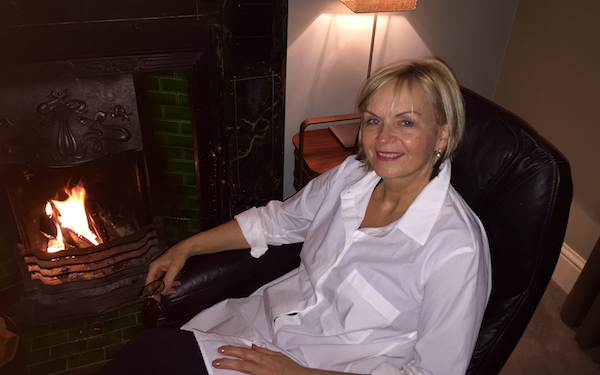
Psychologist and psychotherapist, England, UK.
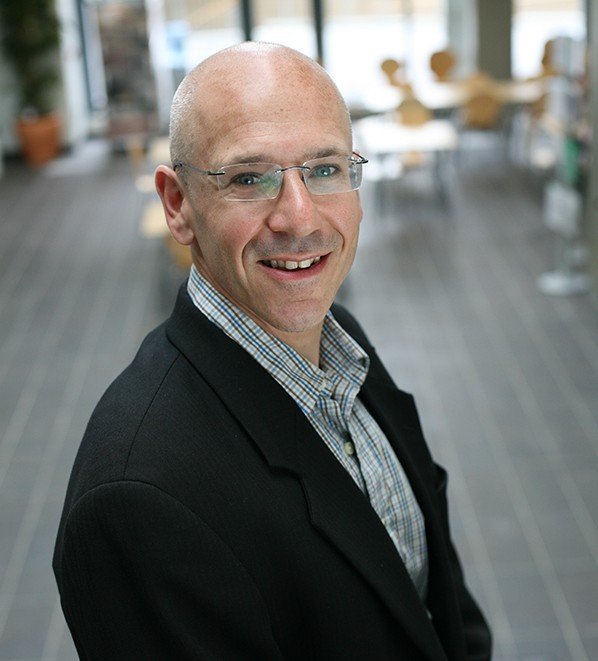
Psychiatrist, England, UK.
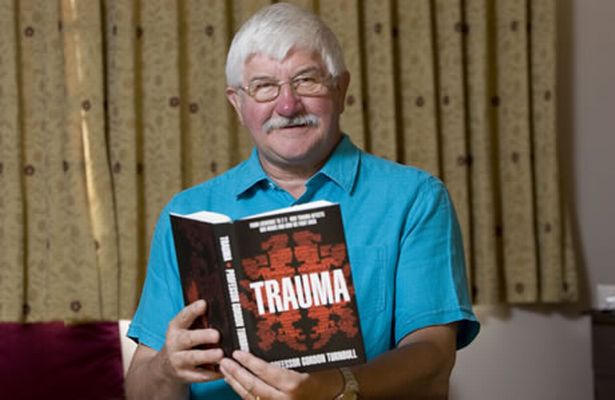
Psychiatrist, England, UK.
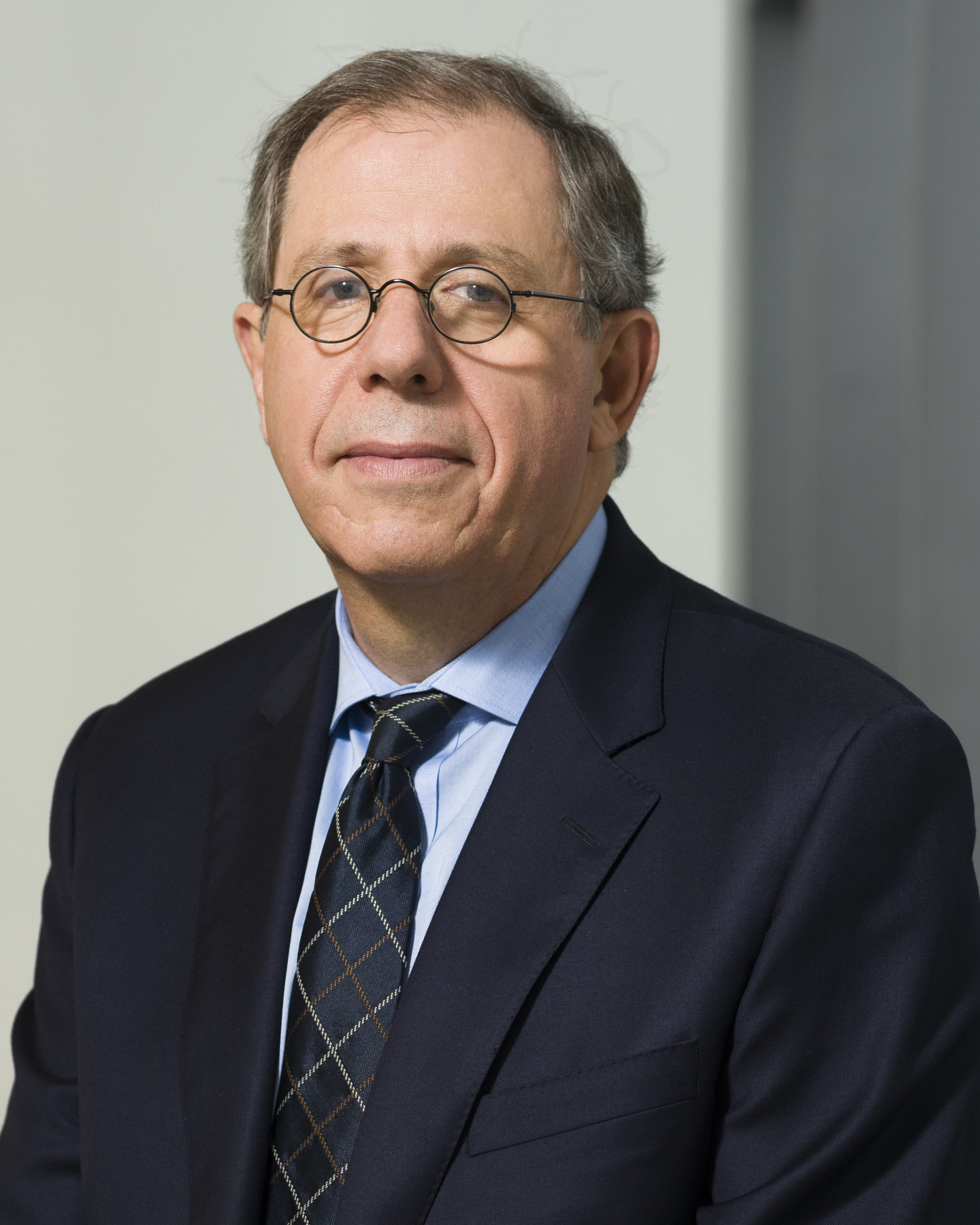
Psychiatrist, Canada.
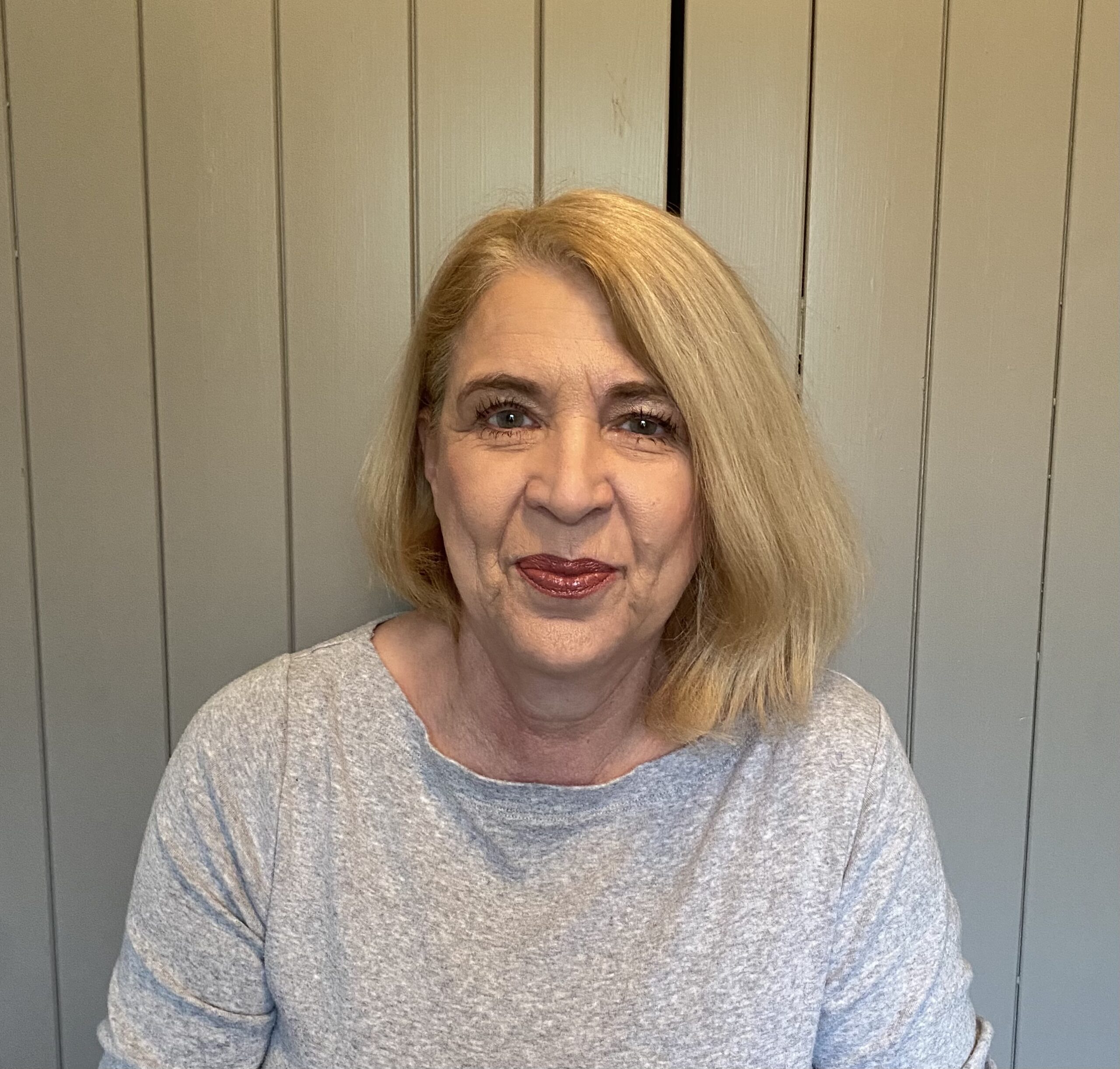
Psychotherapist, Northern Ireland, UK.
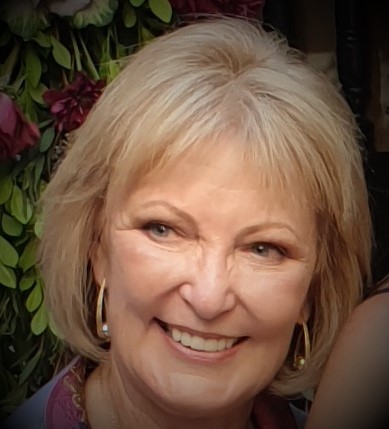
Psychologist, Australia.
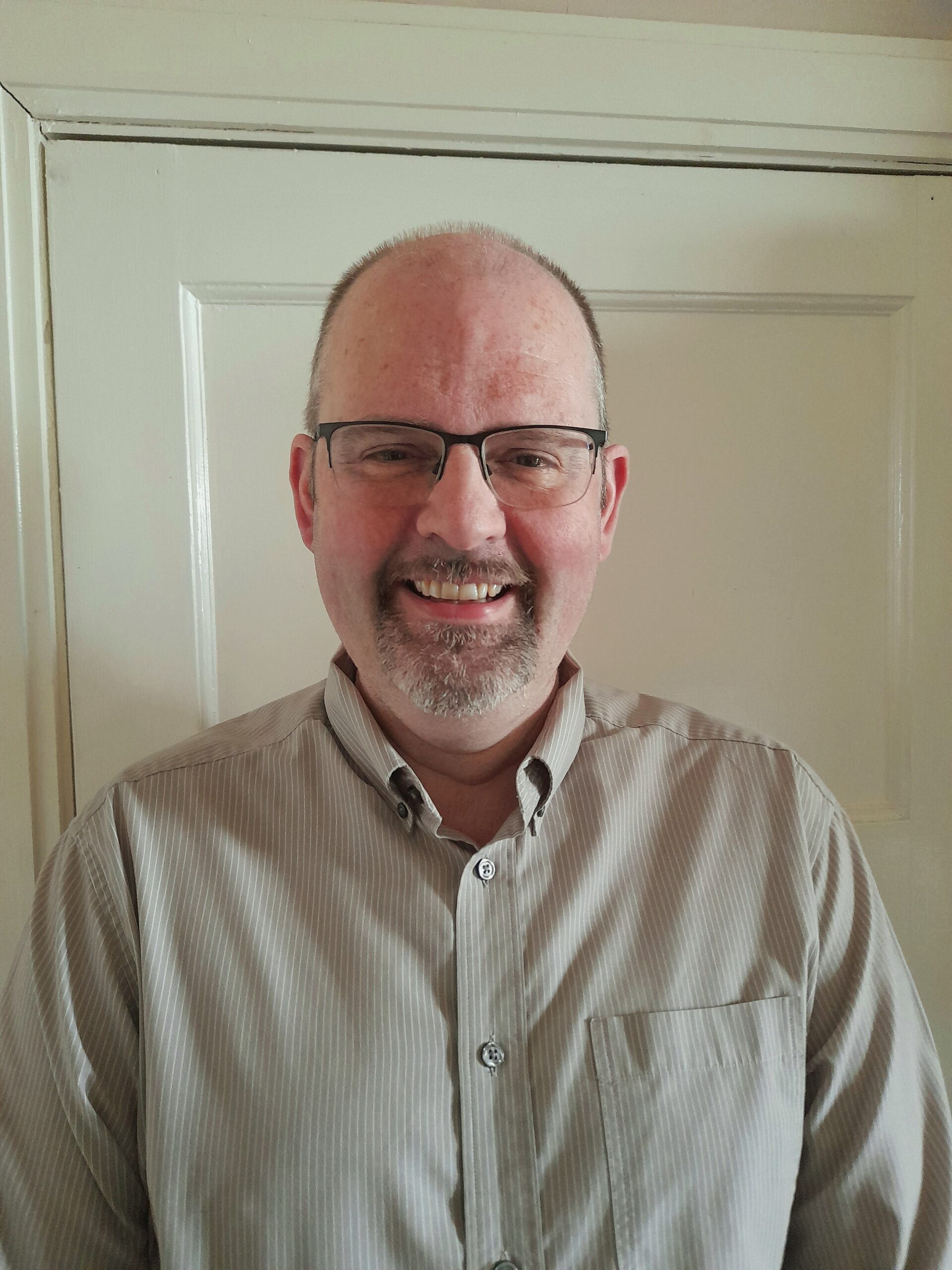
Psychiatrist, Scotland, UK.

Psychologist and psychotherapist, England, UK.
Dr Lesley Perman-Kerr is the Managing Director of Vivant Artemis and is a Chartered Psychologist and psychotherapist.
She was awarded a PhD in Psychology, jointly supervised by the Universities of Hertfordshire and Oxford, and is a member of the British Psychological Society (chartered), the National Council of Psychotherapists, the International Society for Traumatic Stress Studies and is a founder member of the Association of Business Psychologists. She has professional experience in: ongoing/post hostage, kidnap and other traumatic incidents (including 9/11); personnel dealing with psychiatric disorders and intimidation in the workplace; organisations subject to employee extortion threats; individuals preparing for secondments abroad; armed forces personnel: post-engagement or returning to civilian life; individuals and groups following a critical incident; debriefing and counselling; organisations and individuals on stress inoculation and the management of stress.

Psychiatrist, England, UK.
Professor Neil Greenberg is an academic psychiatrist based at King’s College London UK and is a consultant occupational and forensic psychiatrist. Neil served in the United Kingdom Armed Forces for more than 23 years and has deployed, as a psychiatrist and researcher, to a number of hostile environments including Afghanistan and Iraq. Neil also runs March on Stress (www.marchonstress.com) which is a company that provides a range of psychological health offerings to companies that predictably place their personnel in harm’s way.
Neil studied medicine at Southampton University and graduated in 1993. He then served as a general duties doctor in a variety of Warships, Submarines and with two Royal Marines Commando units. During his time with the Royal Marines he achieved his arctic warfare qualification and completed the all arms commando course, earning the coveted Green Beret.
Neil has specialised in Psychiatry and completed a Masters Degree in Clinical Psychiatry, a Doctorate in Mental Health and is a Fellow of the Royal College of Psychiatrists. He is a specialist in General Adult, Forensic and Liaison Psychiatry and is a member of the faculty of forensic and legal medicine and the faculty of medical leadership and management.
Since 1997 Neil has been at the forefront of developing peer led traumatic stress support packages which is now in use by a wide variety of organisations. The use of Trauma Risk Management (TRiM) was initially led by the Royal Marines and has since been taken up by other organisations including the Foreign and Commonwealth Office, media organisations numerous UK police forces and the London Ambulance Service.
Neil provided psychological input for Foreign Office personnel after the events of September 11th 2001 and in Bali after 12th October 2002 bombings. He has also assisted with the aftermath management of number of other significant incidents including assisting the London Ambulance Service in the wake of the London Bombings in 2005. He has also provided mental health input into the psychological repatriation of a number of hostages over the past ten years.
In 2008 he was awarded the Gilbert Blane Medal by the Royal Navy for his work in supporting the health of Naval personnel through his research work.
Neil has published more than 160 scientific papers, book chapters and has presented to national and international audiences on matters concerning the psychological health of the UK Armed Forces, organisational management of traumatic stress and occupational mental health. He has been the Secretary of the European Society for Traumatic Stress Studies, is the President of the UK Psychological Trauma Society and the Royal College of Psychiatrists’ Lead for Military and Veterans Health.
Neil has extensive experience of conducting research in military and veteran populations and has successfully led the first two ever randomised controlled trials on the effectiveness of psychological health interventions in the UK Armed Forces. He has established excellent links with veteran health providers and with US and other coalition military mental health providers and researchers. He, working with the team at King’s College London, is one of the UK’s leading military health researchers and has published very widely on a broad spectrum of military health and traumatic stress related topics and advises the Armed Forces, Media organisations and UK government regularly about mental health issues.

Psychiatrist, England, UK.
Professor Gordon Turnbull is a consultant psychiatrist specialising in the assessment of patients suffering from the psychological after-effects of trauma. He is the leading Trauma and Post-Traumatic Stress Disorder (PTSD) expert at Capio Nightingale Hospital, Consultant Advisor in Psychiatry to the Civil Aviation Authority (CAA) and Visiting Professor to University College Chester. Professor Turnbull graduated from Edinburgh University and entered psychiatry at the Neuropsychiatric Centre, Royal Air Force Hospital Wroughton in Wiltshire in 1980 with post-graduate experience in General Medicine, expedition medicine and neurology. After being appointed Consultant in 1986, his focus turned to psychological trauma after the Lockerbie Air Disaster in 1988, and active service in the Gulf War of 1991 as RAF psychiatric adviser in the field doing first-ever debriefings of British prisoners-of-war and released British hostages from the Lebanon. He developed new treatment strategies for trauma in the RAF and post-RAF has concentrated on trauma services for police officers, emergency service personnel and military veterans.

Psychiatrist, Canada.
Anthony Feinstein received his medical degree in South Africa at the University of the Witwatersrand. Thereafter he completed his training in Psychiatry at the Royal Free Hospital in London, England, before training as a neuropsychiatrist at the Institute of Neurology, Queen Square in London. His Master of Philosophy and Ph.D. Degree were obtained through the University of London, England. He is professor of Psychiatry at the University of Toronto and runs the neuropsychiatry program at Sunnybrook Health Sciences Centre.
Dr. Feinstein’s research follows two broad strands. The first focuses on the search for cerebral correlates of behavioural disorders associated with multiple sclerosis. He is past Chair of the Medical Advisory Committee of the Multiple Sclerosis Society of Canada.
His second focus relates to the study of journalists in conflict situations. Here he has published a series of seminal studies exploring the psychological effects of conflict on journalists covering the Balkans, Iraq, Mexico, Syria, Kenya, Iran, Afghanistan, the refugee crisis in Europe and the aftermath of the 9/11 attack on New York City. He currently consults to a number of news organisations including the Globe and Mail, CNN, the New York Times and Agence France Press.
Dr. Feinstein is the author of In Conflict (New Namibia Books, 1998), Dangerous Lives: War and the Men and Women Who Report It (Thomas Allen, Toronto 2003), The Clinical Neuropsychiatry of Multiple Sclerosis (Cambridge University Press 1999, with a second edition in 2007), Michael Rabin, America’s Virtuoso Violinist (Amadeus Press, 2005, second edition, 2011; audiobook, 2017), Journalists Under Fire: the Psychological Hazards of Covering War (John Hopkins University Press, 2006) and Battle Scarred (Tafelberg Press, 2011). His latest book is Shooting War (Glitterati Editions, 2018). He has published widely in peer-reviewed journals and has authored many book chapters.
In 2000-2001 he was awarded a Guggenheim Fellowship to study mental health issues in post-apartheid Namibia. In 2012, he produced a documentary, “Under Fire” based on his research of journalists in war zones. It was shortlisted for an Academy Award and won a 2012 Peabody Award. His series Shooting War for the Globe and Mail Newspaper was shortlisted for a 2016 EPPY award.

Psychotherapist, Northern Ireland, UK.
Arlene Healey DipSW, CQSW, Cert Adv SW, Dip Fam Ther,Adv Dip Mgt Psych Trauma, MSc Psychotherapy Consultant Psychotherapist and Family Therapist.
Arlene is a registered systemic psychotherapist with more than 40 years’ experience working with children and their families in the NHS in both Child and Family Services and Children and Adolescent Mental Health Services, CAMHS, where she worked for more than 30 years.
She is a registered clinical supervisor with the Association for Family Therapy AFT. In 1999 following the implementation of the Belfast/Good Friday Peace Agreement in Northern Ireland, she established and managed the Family Trauma Centre. The Centre provide services for children and families affected by the conflict in Northern Ireland. The Family Trauma Centre was the first systemically led trauma service. and grief. Arlene developed a culturally sensitive family therapy approach to help families in trauma and has published her work in several journals and books. She continued to manage the Centre for 18 years until she retired in 2016.
Arlene was active in crisis response work, and was a member of the Belfast Health Trust’s Community Crisis Response Team for more than 15 years. In January 2005 she was seconded to the British Red Cross as part of the first response to UK nationals in Thailand following the tsunami.
Arlene retired from the NHS in December 2015 and is now in private practice. During the past few years she has undertaken work for the Official Solicitor Royal Court of Justice Belfast and Lighthouse a charity based in Belfast providing help for families affected by suicide. She continues to provide clinical supervision for several family therapists both in the NHS and private practice both in the UK and Ireland. She continues to teach and present at conferences both nationally and internationally.

Psychologist, Australia.
Professor Lynne McCormack is both an academic and clinical supervisor at the University of Newcastle, Australia, and Honorary Associate Professor at the University of Nottingham UK. Her clinical work in the aftermath of complex traumatic events has spanned three decades directed by historical events such as the Vietnam War and the Rwandan genocide on the one hand, and the emergence of positive psychology for recovery, on the other. The privilege of walking as a therapist, alongside those who have experienced war or genocide, been held hostage, lost their identity as refugees, been brutalised as children or suffered interpersonal violence, underpins her research. By witnessing the metamorphic struggle to rebuild shattered lives following exposure to complex traumatic events, her research has led to greater than 50 publications exploring the interface of complex trauma and posttraumatic growth. Primarily, through qualitative research, she seeks to give voice to the individual narratives of healing from psychological trauma recognising that each of us is the ‘expert’ in our own lives. As a psychosocial delegate for the Australian Red Cross Lynne has deployed to international and national crises including the summer of 2019/2020 bushfires. She values her role as a mentor and supervisor, supporting those working at the coalface of caring for others as they provide safe psychological environments for their clients including children rescued from human trafficking and cyber abuse. Her greatest passion is promoting healthy parent/child attachments free of transgenerational abuse and violence, allowing children to grow into respectful adults skilled at problem solving, debating, and critically exchanging ideas with curiosity and respect for others’ views.

Psychiatrist, Scotland, UK.
Alastair (MBChB., FRCPsych., MD., DipCBT) is a Consultant Psychiatrist in Psychotherapy and while Clinical Lead for Psychotherapy set up the Tayside Multidisciplinary Adult Psychotherapy Service (MAPS), and later the Tayside Veterans Service. He has most recently been working on the Scottish Government Short-life Working Group setting up dedicated mental health services for individuals admitted because of COVID-19. For almost 30 years, his clinical focus has been the treatment of individuals who have suffered trauma.
Alastair has spent his entire career in Psychiatry, training in General Psychiatry in Tayside, Liaison Psychiatry in Aberdeen and completing a Medical Doctorate on the long-term sequelae of a maritime disaster. He worked clinically at the Traumatic Stress Clinic and Trauma Liaison service in Aberdeen; and academically at the University of Aberdeen, Department of Mental Health and the Aberdeen Centre for Trauma Research. He completed his Psychotherapy training in Tayside. Alastair was a Lecturer in Aberdeen and then became an Honorary Senior Lecturer: first at the University of Aberdeen, then at the University of Dundee. Alastair has been Psychiatric Consultant and Lead to the Maritime Piracy Humanitarian Response Programme (MPHRP) which helped individuals taken hostage, and their families.
Alastair’s teaching and research interests mirror his clinical work, with twin strands of research on complex post-traumatic reactions and psychological outcomes after critical illness; he has published widely on each. He has presented at National, European and World conferences on aspects of post-traumatic outcomes and care. He co-authored a textbook, The Comprehensive Resource Model: Effective therapeutic techniques for the healing of complex trauma (Routledge, 2017).
He was on the Expert Advisory Panel for Scotland completing Guidance for Disaster/ Emergency response, and was on the Mind Blue Light Advisory Panel. He has been on the Board of the United Kingdom Psychological Trauma Society, was a member of BABCP Scotland, and is a member of the Scottish Trauma Advisory Group.